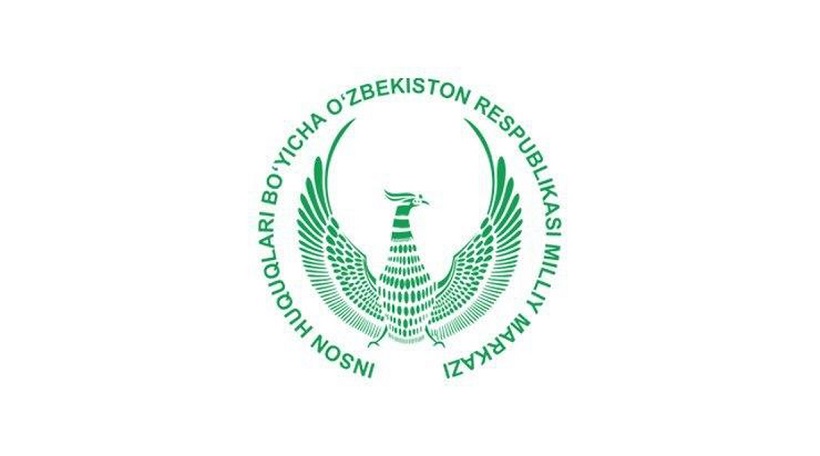


TASHKENT, March 28. /“Dunyo” IA/. The international community, represented by the UN and other international organizations, calls on States to ensure respect for human rights when taking state measures to combat the threat to public health in the context of the COVID-19 pandemic. In particular, take measures to protect the right to life and health and ensure access to health care for all who need it, without any discrimination, and pay special attention to vulnerable segments of the population who may be most at risk of COVID-19, including the elderly, the disabled, women, migrants, and the homeless.
In countries where comprehensive travel restrictions are in place, governments should use all available means to ensure that children and adolescents have access to education through distance learning. In addition, States must provide the most vulnerable groups with basic goods and services so that no one is left behind.
More and more countries are introducing strict measures that directly affect human rights, including restrictions on freedom of movement and privacy. State of emergency and any other measures related to security quarantine must be based on the principles of human rights protection.
The United Nations High Commissioner for Human Rights welcomed the fact that some governments, as well as international organizations, are beginning to take measures to mitigate the impact of the virus on economic and social rights.
President of Uzbekistan Mr. Shavkat Mirziyoyev chaired a regular videoconference on strengthening the fight against the spread of the coronavirus infection on March 26.
As is well known, the pandemic of this disease has a negative impact on the entire world community. In our country, all the forces and means have been mobilized to prevent the wide spread of infection and the treatment of patients with it.
The Anti-Crisis Fund has been established and measures are being taken to mitigate the negative impact of the coronavirus pandemic and global crisis on the economy. Many benefits and preferences for this purpose were introduced by the Decree of the President of the Republic of Uzbekistan. State bodies and non-governmental organizations have been instructed to send at least 50 percent of employees on paid leave and transfer the remaining employees to remote work. Measures are being taken to organize the delivery of food, hygiene products and medicines for single elderly people, families without a breadwinner, and also people in remote areas.
Due to the emergence of an acute epidemiological situation in the world, citizens of Uzbekistan who are abroad are gradually returning to their homeland and are provided with the necessary medical services.
The Uzbek Parliament has passed a law that criminalizes the dissemination of false information about quarantine and other dangerous infections to humans, as well as their dissemination by publishing or reproducing the text in any other way, or through the media and the Internet.
The law also increases criminal liability for violations of sanitary legislation or rules for combating epidemics that have caused a real threat of mass infection or poisoning of people if the requirements of State Sanitary Inspectorate regarding medical examination and treatment, arrival at a designated place for quarantine and non-removal from it within a specified period, non-disclosure of information about persons in the incubation period of the disease and their places of stay, as well as other legal requirements are not met without good reasons.
Besides, the Code of Administrative Responsibility is supplemented by a norm providing for the application of coercive measures in the conditions of occurrence and spread of quarantine and other infections dangerous to humans. At the same time, administrative responsibility for violating mandatory rules established to prevent the occurrence or spread of quarantine and other infections dangerous to humans is being strengthened.
The law also provides for administrative responsibility for staying in public places without a mask in conditions of the emergence and spread of quarantine and other infections dangerous to humans, including non-compliance with the hospital’s internal routine in these conditions, as well as failure to comply with the requirements of the State Sanitary Inspectorate regarding medical examination and treatment, arrival at a designated place for quarantine and non-exemption from it throughout a specified time, the identity of persons in the incubation period of the disease, and their places of residence and other legal requirements.
Medical and sanitary-epidemiological service workers are selfless in preventing the spread of coronavirus infection, ensuring the health and sanitary-epidemiological well-being of the population. A resolution was adopted by the President of Uzbekistan on additional social and material support to medical workers, employees of the sanitary-epidemiological service and other workers involved in countering the spread of coronavirus infection.
In this difficult situation, the unanimity and generosity inherent in our people are reflected even more vividly in selfless acts, more and more funds are being received in the public fund “O‘zbekiston mehr-shafqat va salomatlik”. (Public fund of Uzbekistan “Health and Mercy”).
Employees of the National Center for Human Rights and the Editorial board of the journal “Democratization and Human Rights” also contributed to this good cause and voluntarily transferred bankroll to this fund as gratuitous assistance.
These days, such actions unite our people even more and strengthen tolerance. As the head of state noted, “Coronavirus pandemic is a test sent by the Almighty to all mankind.” Only through the joint efforts of each of us, society and the state, the world community, we will defeat this pandemic.
National Center of the Republic of Uzbekistanfor Human Rights